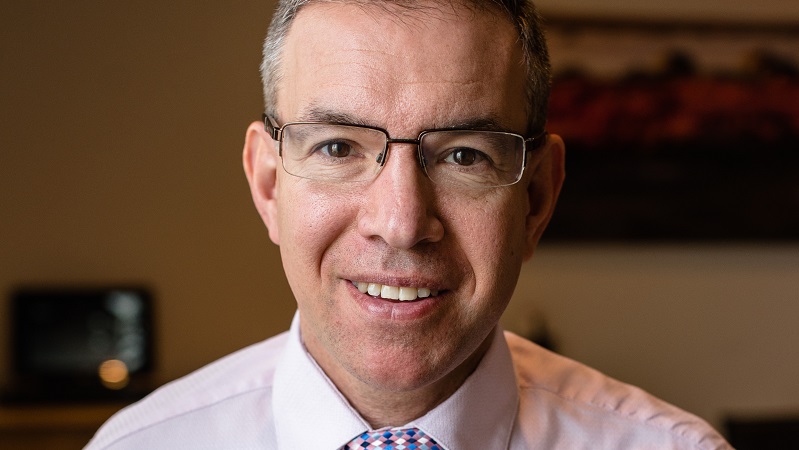Temple Bar is considering whether to stick to its investment management arrangements with Ninety One after it announced Alastair Mundy was stepping back due to poor health.
On Friday, Ninety One confirmed Mundy would be taking an extended period of leave due to illness. Alessandro Dicorrado and Steve Woolley have become co-managers of Temple Bar, alongside Mundy’s open-ended funds: Cautious Managed, UK Special Situations and UK Total Return.
In a regulatory filing on Monday afternoon, the board of Temple Bar said it had concluded that “in the current circumstances, it is appropriate to conduct a review of the future management arrangements of the trust”.
It was possible Ninety One would remain the manager of the trust, the board said.
But it has served a “protective notice” of 12 months to terminate its contract with Ninety One in the case it does decide to choose another asset manager to run the fund.
> See also: Alastair Mundy takes leave from Ninety One portfolios
Would the board stick by out of favour value?
Fundcalibre managing director Darius McDermott said he would be surprised if the board chose to replace the Ninety One managers with another value manager.
“I’m very very confident that the new managers will invest in a consistent way to what Alastair would have done previously,” McDermott said.
“But value has been out of favour for the last decade. Obviously the board would have been loyal to Alastair, he would have run the trust exactly as he said he would, but his stepping down is just an opportunity for them to have a little think again.”
Fundcalibre has changed its elite rating on the UK Special Situations fund to an elite radar rating, in keeping with the rating it has on Dicorrado’s and Woolley’s existing Global Special Situations fund.
Tilney managing director Jason Hollands said the termination period gives the board optionality depending on whether Mundy returns to running money again at Ninety One.
Temple Bar dropped from Winterflood’s recommended investment trusts list
Winterflood Investment Trust removed Temple Bar from its recommended investment companies list on Monday due to the fact the team had not met Dicorrado or Woolley, who do not run other investment trust assets.
Existing shareholders would need to make a decision on how likely it is that markets will see a value-orientated recovery and how well placed Temple Bar was to capture that, Winterflood said. The sustainability of the 6.9% yield was another important factor given the portfolio’s high allocation to financials.
The board may have stymied the trust’s ability to capitalise on any value bounce back due to actions taken in March when it required Mundy to raise £130m, said Winterflood.
“Ironically, while we understand the decision to negate the fund’s gearing last month and increase its weighting to gold and silver, we believe that it has reduced its appeal in the short term,” the note said.
“Bouncebackability is a nebulous concept, but in the case of TMPL, the chances of generating meaningful levels of outperformance from here have been lessened by attempting to close the stable door after the horse has bolted.”










